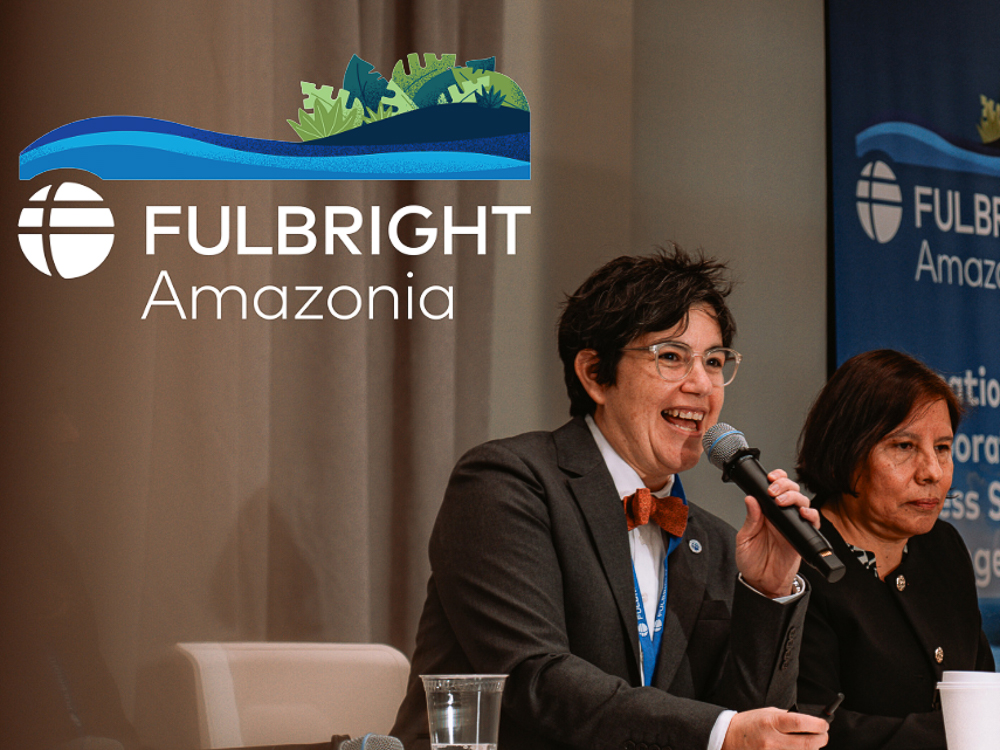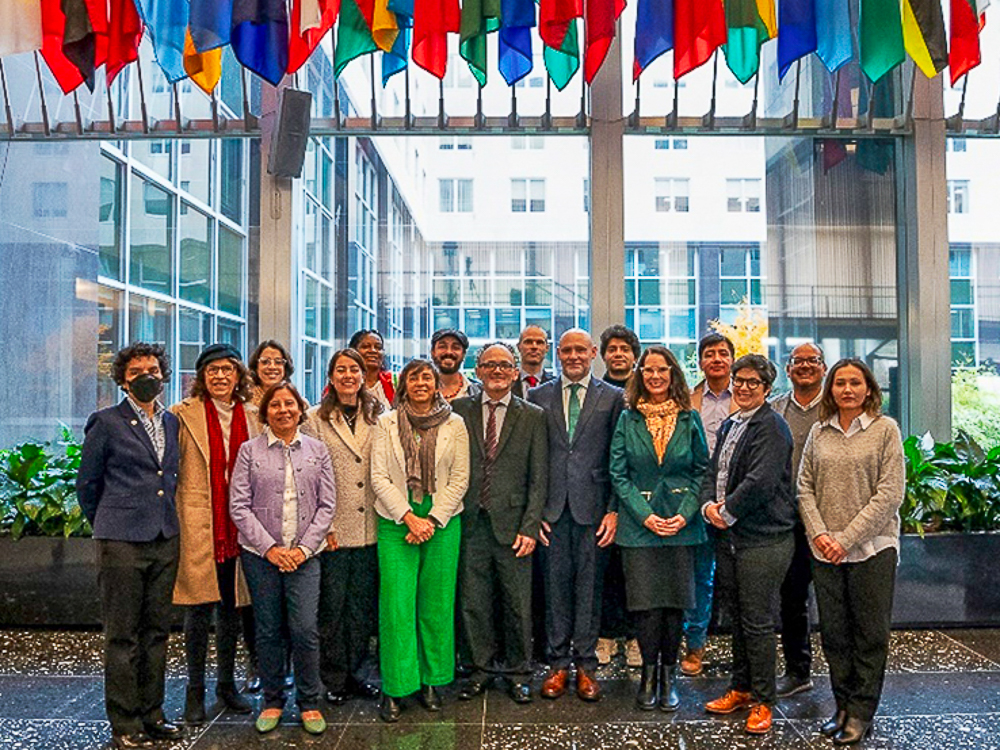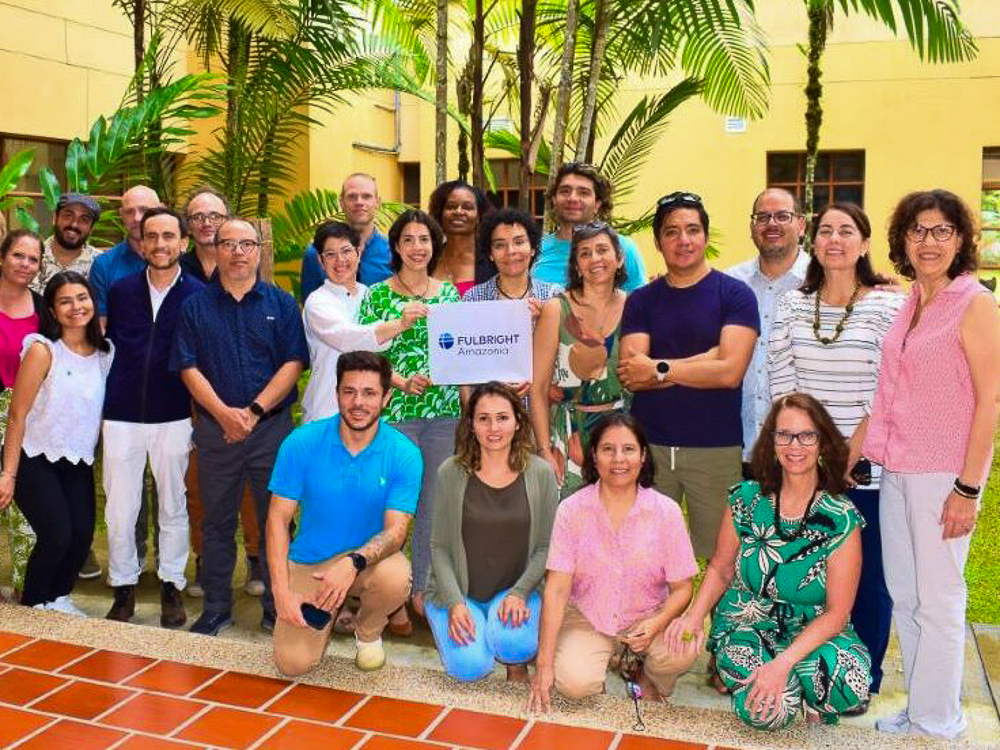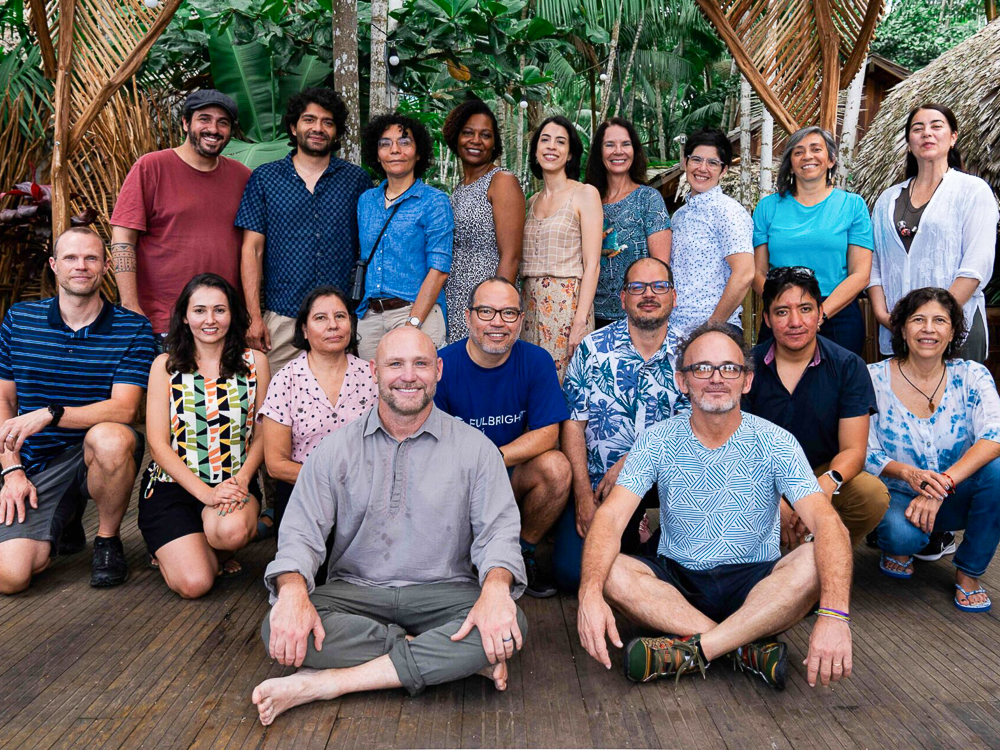The Amazon River Basin contains the world’s largest and most biodiverse river as well as its largest rainforest, providing the planet with an irreplaceable ecosystem that is a habitat for 30 percent of the world’s plant and animal species and that absorbs two billion tons of carbon dioxide each year. The Amazon River is also a key source of food, medicine, and livelihood for more than 30 million people across the region.
The Fulbright Program launched Fulbright Amazonia to create an international network of scholars and practitioners who will conduct research and recommend policies dedicated to protecting fragile eco-systems and improving lives and livelihoods in rural and Indigenous communities of the Amazon.
In the first cohort of Fulbright Amazonia, which began in June 2023 and concluded in December 2024, sixteen scholars representing the United States and countries bordering the Amazon River worked together to conduct interdisciplinary research to address the most pressing social, economic, and environmental issues in today’s Amazon basin.
Fulbright Amazonia is a program of the U.S. Department of State, Bureau of Educational and Cultural Affairs , with funding provided by the U.S. Government, the Fulbright Commission in Brazil, and the Brazilian Federal Agency for Support and Evaluation of Graduate Education (CAPES). The program is administered by the Fulbright Commission in Brazil and the Institute of International Education in partnership with the binational Fulbright Commissions and U.S. Embassies in the Amazon region.

Fulbright Amazonia Policy Brief 2024
Policy-Relevant Research for a Sustainable Amazon

Fulbright Amazonia Scholars Share Research and Policy as Science Diplomats in Washington, D.C.
Fulbright Amazonia Week capped eighteen months of high-impact research, prompting the U.S. and Brazilian governments to announce a renewal of the Fulbright Amazonia Program for a second cycle.

Fulbright Amazonia Scholars Convene in Colombia to Advance Collaboration on Shared Challenges
Sixteen scholars from the United States and throughout the Amazon region met to share research and develop policy briefs to contribute a sustainable and thriving Amazon Basin.

Fulbright Amazonia Scholars Set an Agenda for Tackling Shared Challenges in Brazil Meeting
Fulbright Amazonia, an international, multi-disciplinary collaboration of scholars investigating topics related to the Amazon Basin, kicked off its inaugural program with a meeting in Belém, Brazil from June 18 to 22, 2023.

